IEEE Cloud Summit 2022, https://www.ieeecloudsummit.org/
Authors: Radu Prodan, Dragi Kimovski, Andrea Bartolini, Michael Cochez,
Alexandru Iosup, Evgeny Kharlamov, Joze Rozanec, Laurentiu Vasiliu, Ana
Lucia Varbanescu
Abstract: The Graph-Massivizer project, funded by the Horizon Europe research and innovation program, researches and develops a high-performance, scalable, and sustainable platform for information processing and reasoning based on the massive graph (MG) representation of extreme data. It delivers a toolkit of five open-source software tools and FAIR graph datasets covering the sustainable lifecycle of processing extreme data as MGs. The tools focus on holistic usability (from extreme data ingestion and MG creation), automated intelligence (through analytics and reasoning), performance modelling, and environmental sustainability tradeoffs, supported by credible data-driven evidence across the computing continuum. The automated operation based on the emerging serverless computing paradigm supports experienced and novice stakeholders from a broad group of large and small organisations to capitalise on extreme data through MG programming and processing.
Graph-Massivizer validates its innovation on four complementary use cases considering their extreme data properties and coverage of the three sustainability pillars (economy, society, and environment): sustainable green finance, global environment protection foresight, green AI for the sustainable automotive industry, and data centre digital twin for exascale computing. Graph-Massivizer promises 70% more efficient analytics than AliGraph, and 30% improved energy awareness for ETL storage operations than Amazon Redshift. Furthermore, it aims to demonstrate a possible two-fold improvement in data centre energy efficiency and over 25% lower greenhouse gas emissions for basic graph operations.



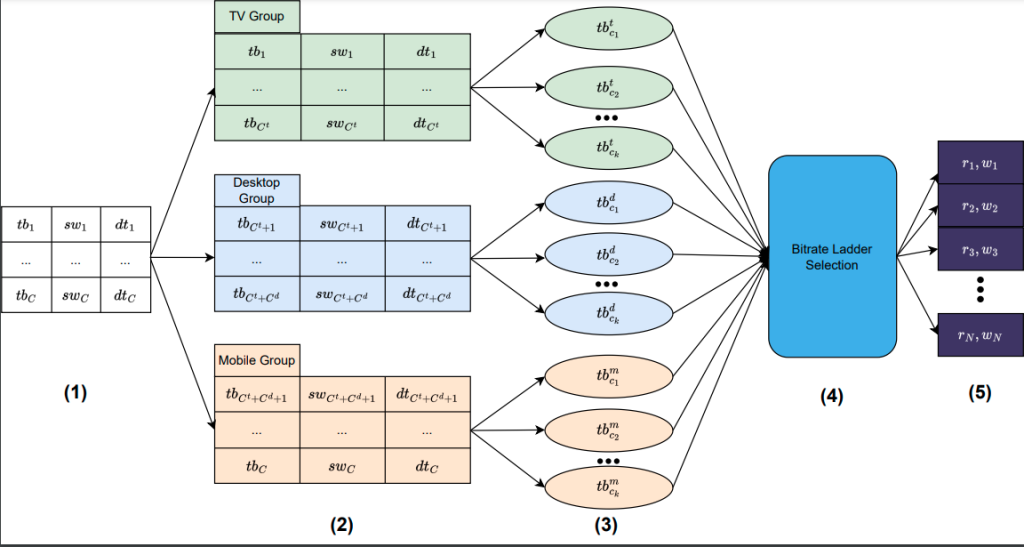

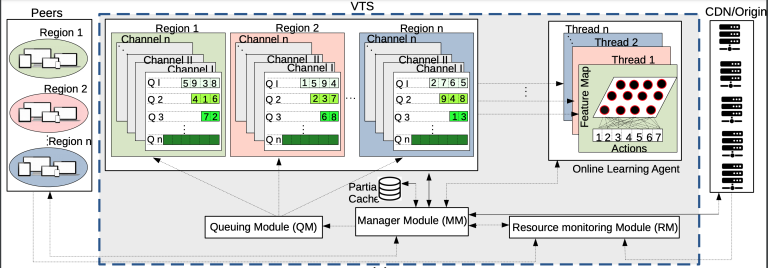
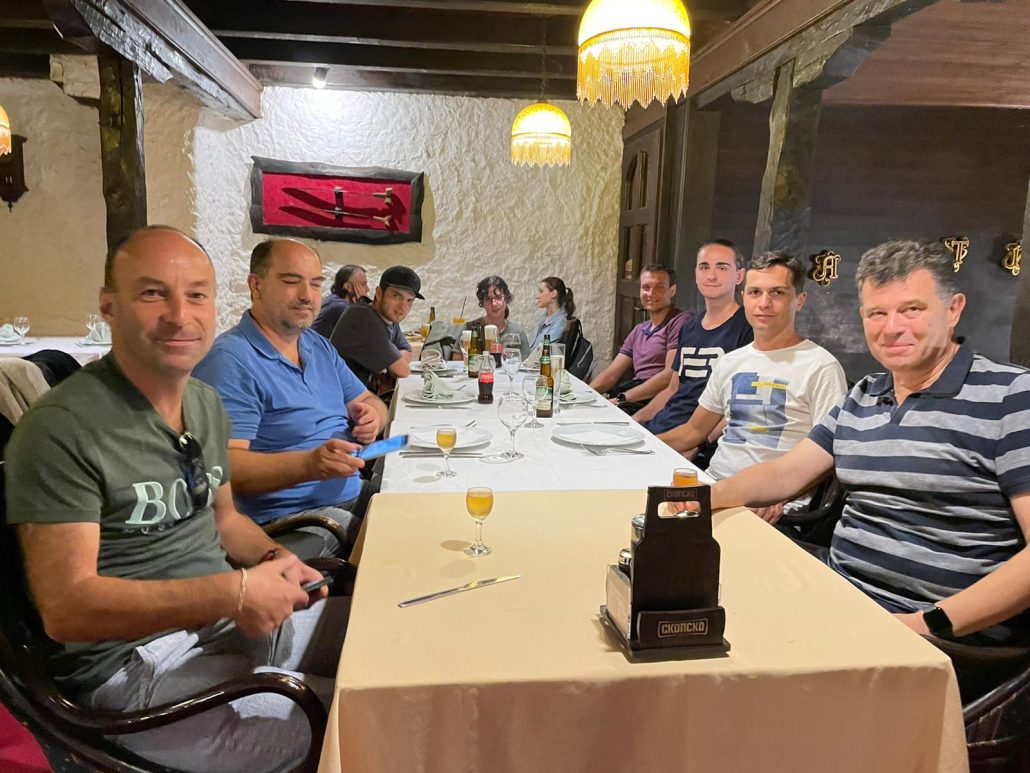
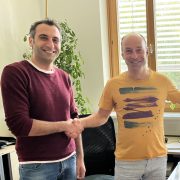
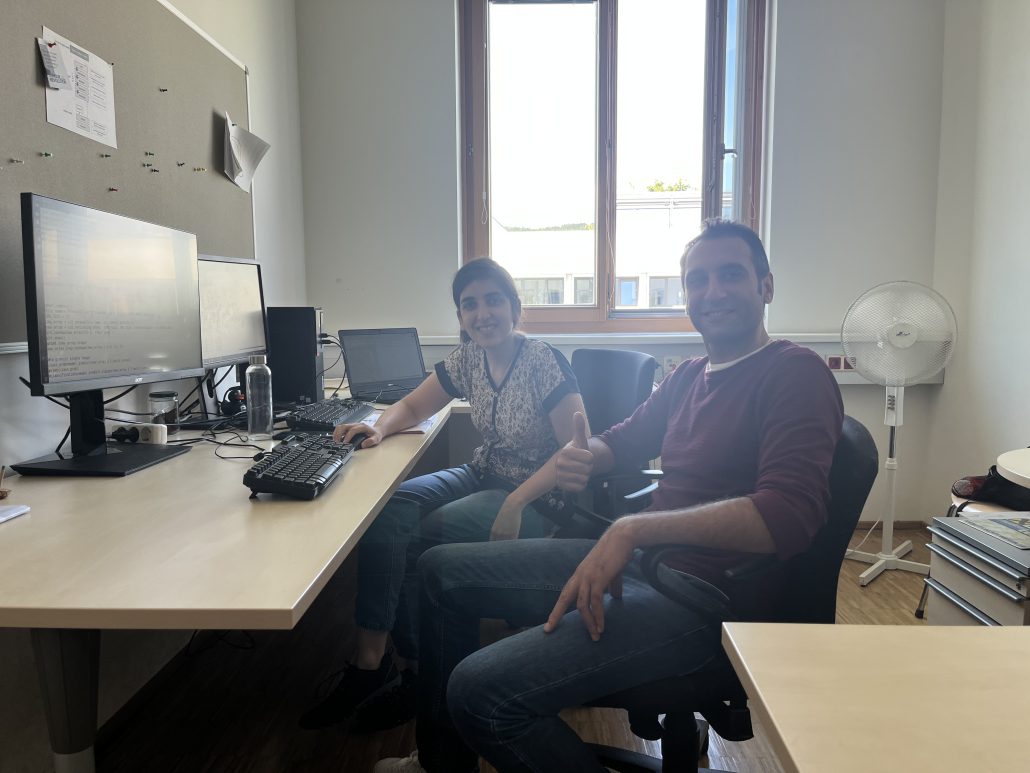 During the period Aug 1st –26th, 2022, Hamza Baniata, a PhD Candidate at the Department of Computer Science, University of Szeged, Hungary, has visited the institute of Information Technology of the University of Klagenfurt, Austria. Under the collaborative supervision by Prof.
During the period Aug 1st –26th, 2022, Hamza Baniata, a PhD Candidate at the Department of Computer Science, University of Szeged, Hungary, has visited the institute of Information Technology of the University of Klagenfurt, Austria. Under the collaborative supervision by Prof.


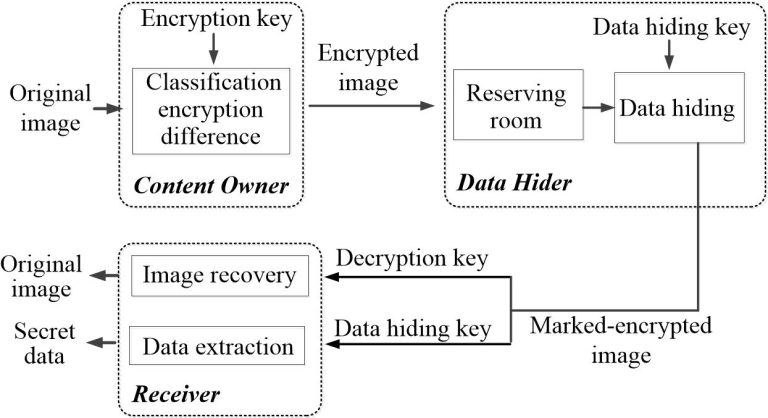
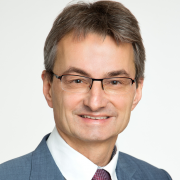
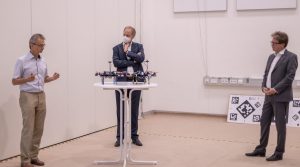

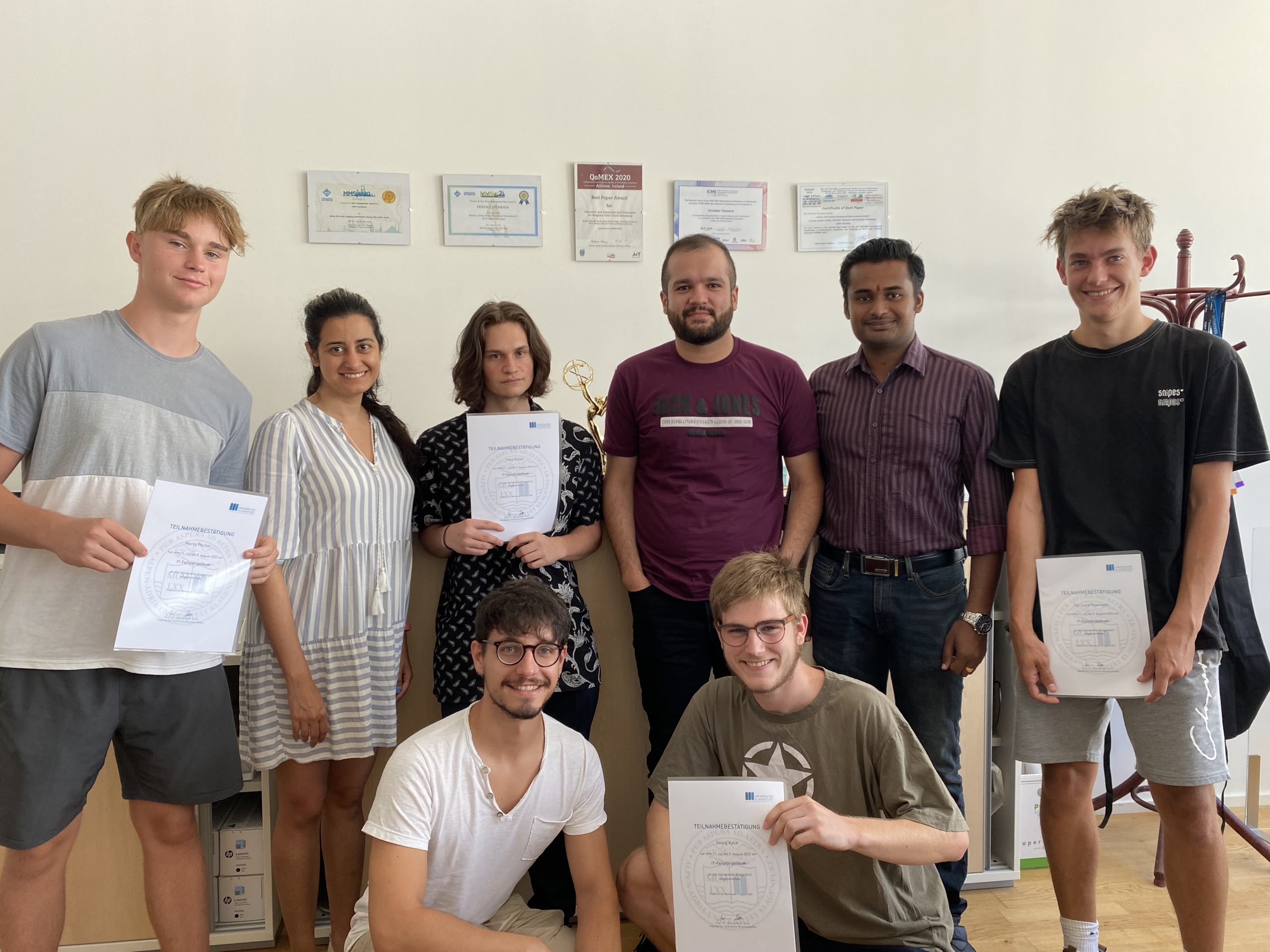
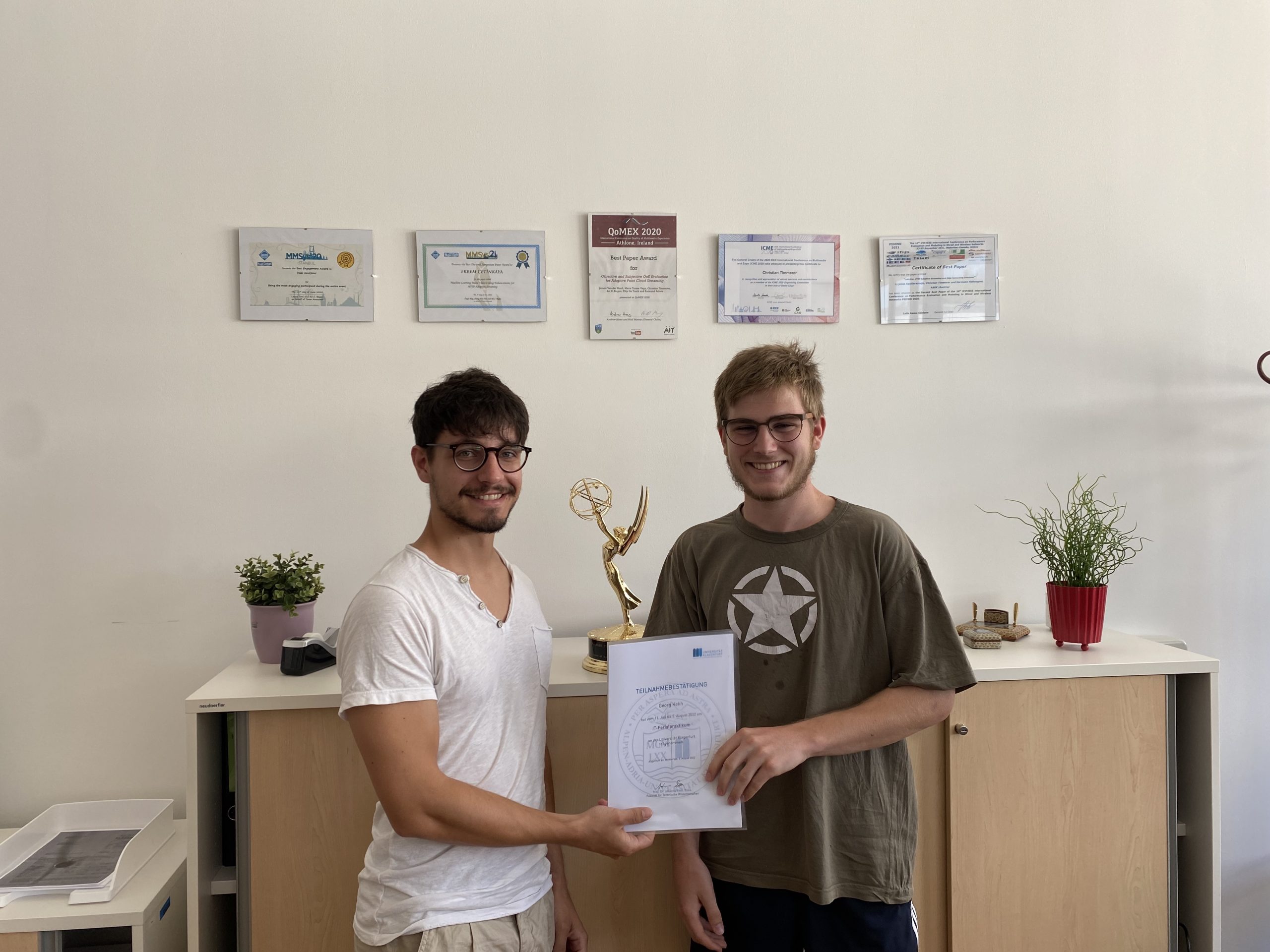
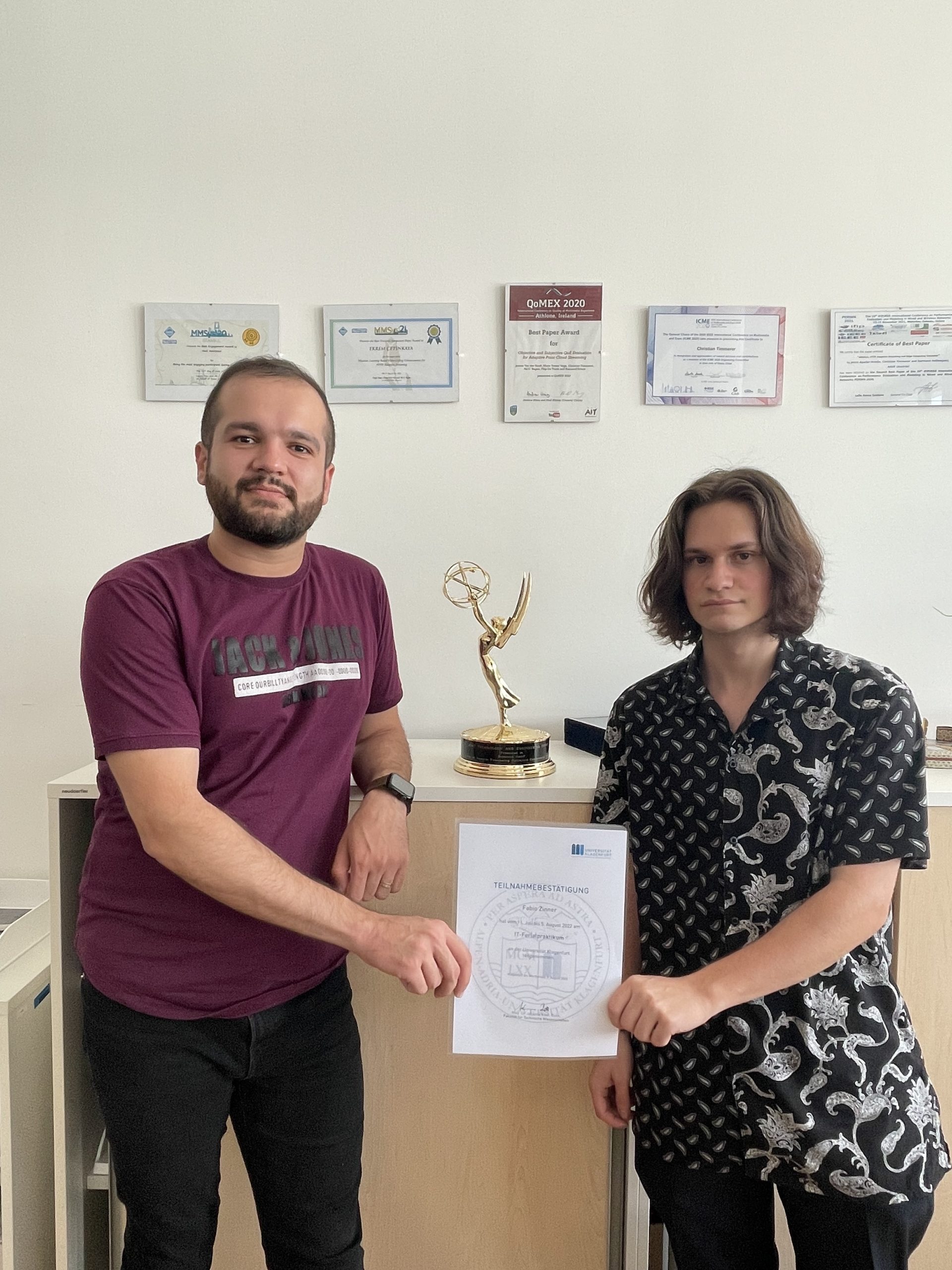
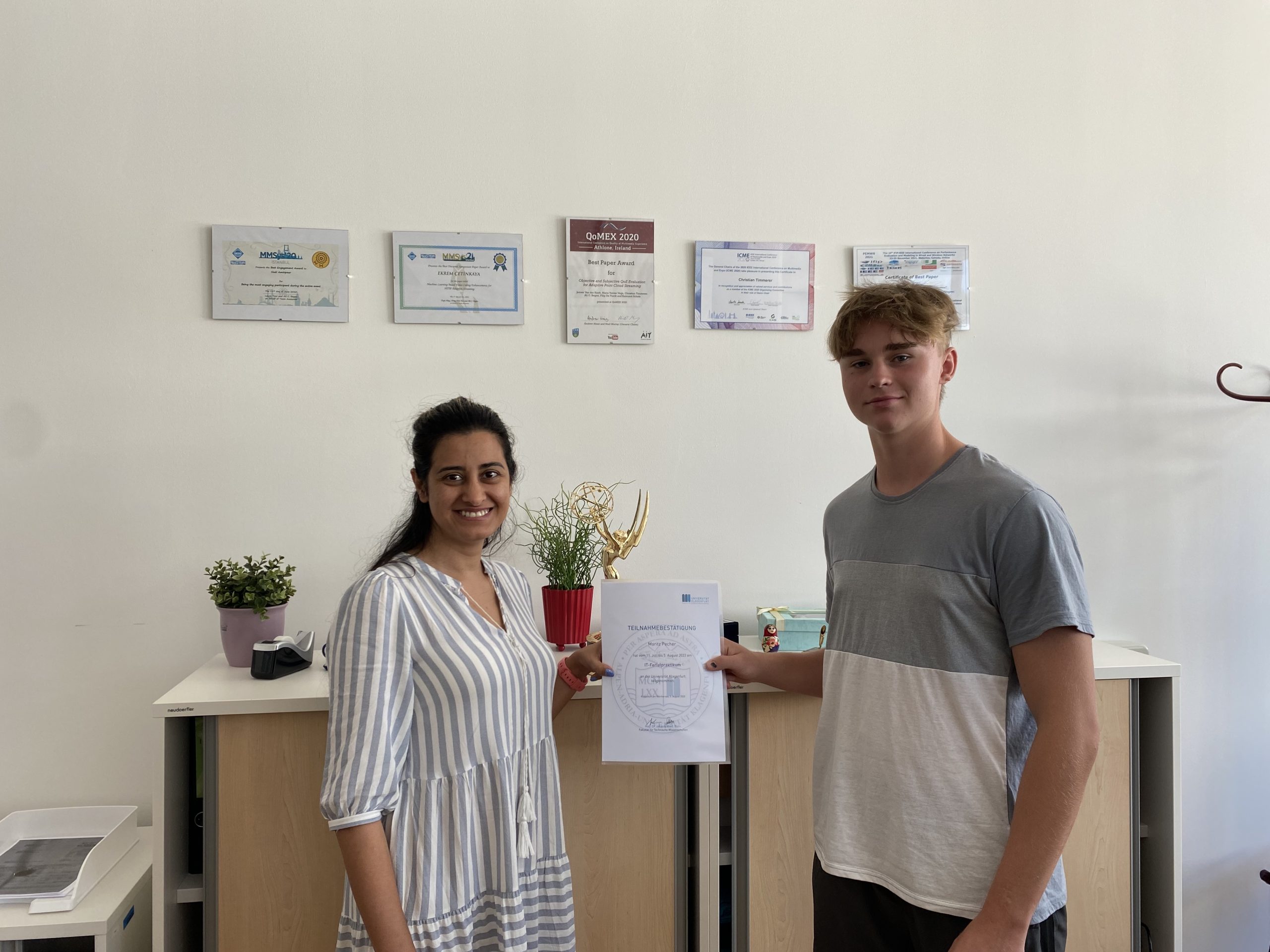
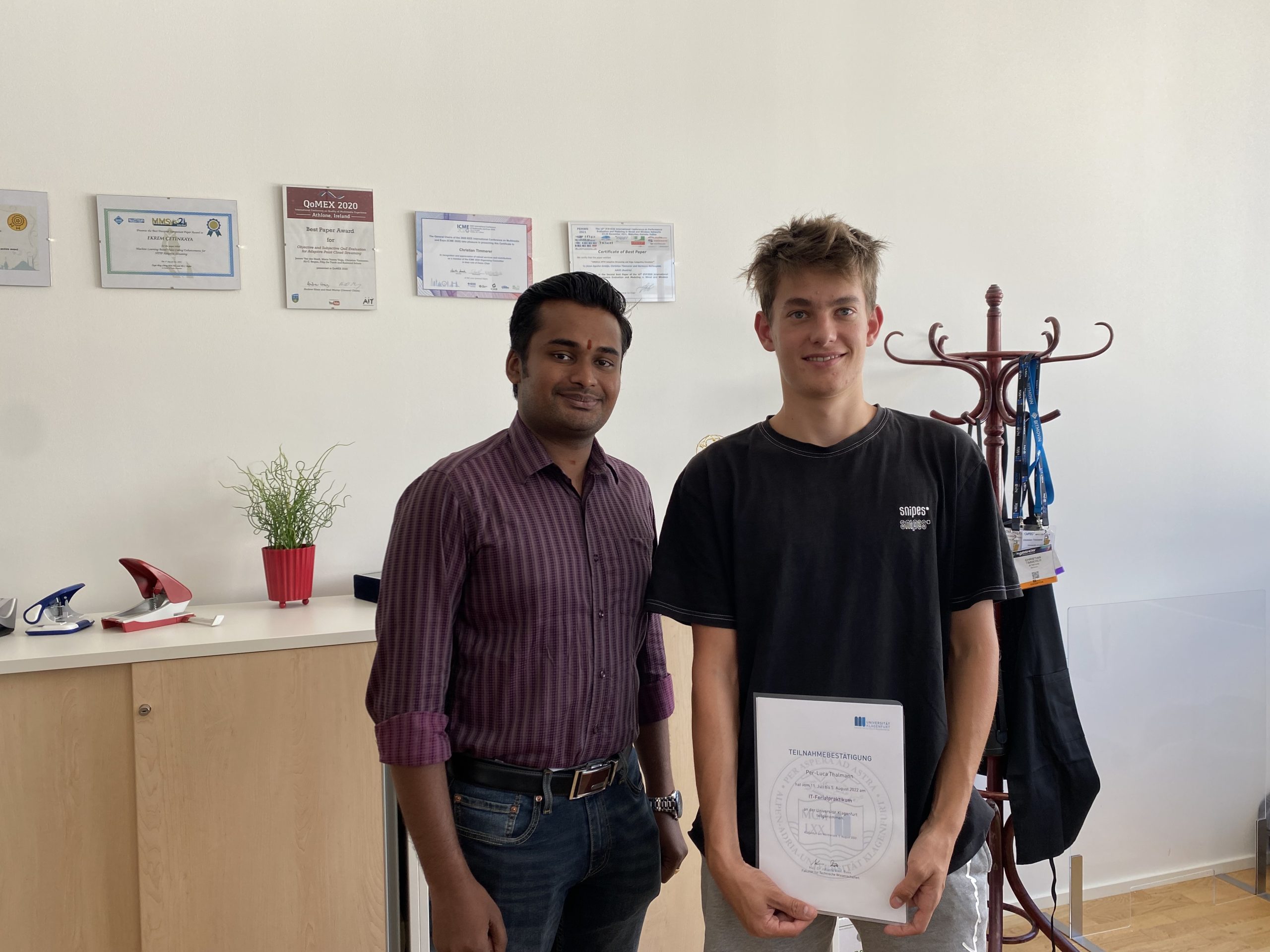

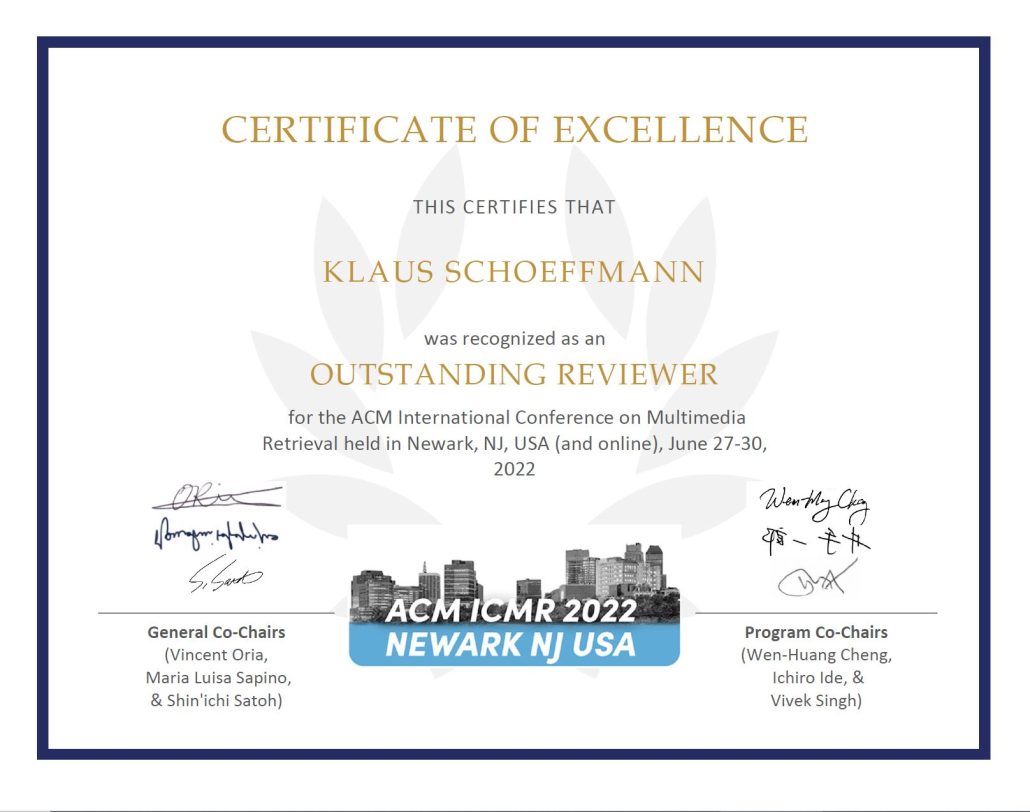 For the quality and timeliness of his reviews, Klaus Schöffmann has been awarded with the Outstanding Reviewer Award at the ACM International Conference on Multimedia Retrieval (ICMR) 2022, which was held at Newark, NJ, USA in June 2022.
For the quality and timeliness of his reviews, Klaus Schöffmann has been awarded with the Outstanding Reviewer Award at the ACM International Conference on Multimedia Retrieval (ICMR) 2022, which was held at Newark, NJ, USA in June 2022.